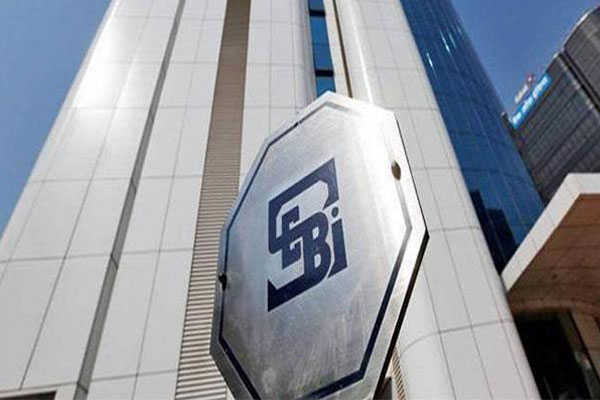The National company law tribunal (NCLT) recently held that Insolvency and Bankruptcy Code (IBC) would override the SEBI Act, challenging the same the Security and Exchange Board of India (SEBI) has approached Supreme Court.
A division bench comprising of Justices Indira Banerjee and Ajay Rastogi thus issued order of status quo to be maintained in that case.
The appeal has been filed in a case concerning Collective Investment Scheme (CIS) in which SEBI had directed attachment of properties but NCLT has reversed the order and held that IBC would take precedence over SEBI Act.
Two main issues were put forth firstly whether depositors in CIS can be treated as financial creditors and secondly whether IBC can be triggered in case of CIS which is governed by SEBI Act.
The instant case has a connection with an order directed by SEBI in 2015, it was directed to HBN Dairies and Allied Limited to attach properties on the account of illegally collecting money amounting rupees 1136 crore under unauthorized CIS. The order was passed as per the provisions of SEBI act and was backed by Securities Appellate Tribunal (SAT).
Although the order was passed by SEBI but over 30 depositors filed an application against HBN Diaries before NCLT under the IBC. The application was entertained by NCLT without taking into consideration SEBI and also NCLT ordered in that case appointment of an insolvency resolution professional to carry further proceedings under IBC also the order of SEBI was reversed.
NCLT passed an order stating that IBC would override the provisions of SEBI Act and thus SEBI does not have power to recover money from HBN Dairies as a result of this the current appeal was filed before Supreme Court.
The order of NCLT was challenge by SEBI on the grounds that CIS is constituted in the form of trust and its assets are held by trustee for the benefits of investor. The trust does not follow the collective investment management company which initiates the scheme and hence IBC should not be involved when the case concerns a CIS and not a company.
Another contention raised by SEBI was that the unit purchases who are depositors in the scheme cannot be considered as lenders but holders of the unit which would become tradable community once the trust is registered. And thus it cannot be categorized under financial creditors which was claimed in application by depositors to NCLT.
The vacation bench of Supreme Court issued notice with the regard with this regard on 14 June and directed to be heard on 17 June.
Courtesy/By: Renu Kathale
|
14 Jun 2019

